Every single person on the planet would benefit from seeing a therapist at multiple points throughout their lives. Here are the important things I learned from my therapists.
Whether it’s for navigating a significant transition (like leaving high school, entering the workforce, the first experience with death, getting married, becoming a parent, first major breakup or divorce, etc.) or for cleaning up our relationship with our childhood trauma and emotional wounding, the benefits of therapy are truly immeasurable.
I have had the good fortune of spending hundreds of hours with some powerful teachers, coaches, and therapists throughout my lifetime. Some of them I met with in times of crisis and transition, and others to do more deep psychological cleaning. But I got a ton of value from each person, and each conversation.
In this article, I want to quickly skip a stone over some of the biggest insights I ever received from my therapists.
These insights were specific to me and my journey… but chances are, if you’ve been following my writing for any length of time, then it’s likely that you and I have a good amount of overlap in who we are as people.
So without further ado, here are my four greatest things that I learned from my therapists, coaches, and teachers.
1. You can find an example of people doing better and worse than you
“If you want to find an example of someone who is doing better than you, you can find it. If you want to find an example of someone who is doing worse than you, you can find that too.”
I was 17, and already a burgeoning little workaholic with a mean case of comparison-itis. Okay, not officially what my therapist told me I had, but you get what I’m saying.
After drowning in comparison of what certain other people in the world had accomplished by my age, my therapist (named Pippa) told me the folllowing.
“Jordan, if you want to find an example of someone who is doing better than you, you can find it. If you want to find an example of someone who is doing worse, you can find that too.”
This wasn’t all that new of a concept. Yeah yeah… it’s bad to compare ourselves to other people because we’re totally different. But the way that she said it really landed for me that day.
Put another way… your mind gets to be right about whatever it wants to be right about. So what are you going to focus on? Your own process… or will you spend your remaining days comparing yourself the others?
Whatever your mind wants to find, it is available. You choose where to focus. Full stop.
(Side note: when I was 17, Facebook didn’t yet exist, and social media wasn’t really a phrase that anyone had ever heard. So I can only imagine that the comparison game that is available to modern teenagers is way more intense and difficult to navigate.)
Related: 11 Signs You Need To Talk To A Therapist
2. An overarching reframing of what a painful childhood is like for children
As you may have read in previous articles of mine, one of the greatest challenges of my early childhood (and one of the things that has shaped my life the most) was that I was bullied for years by my older siblings.
For a good portion of my teens and 20’s I completely repressed the pain that I had felt around that part of my life, to the point where I really, truly forgot about it for well over a decade.
I was doing some deeper inner child work with a therapist in my late 20’s when the topic of the bullying came up. She asked me how I usually referred to it. “What word feels true for you? In your thoughts, do you call it bullying, or do you use a different phrase?”
I told her that, “Honestly, I don’t really call it anything. In my head or out loud. I try not to think or talk about it.”
She accurately picked up on the fact that it was something that I had repressed and denied to a large extent, and so she launched into a brief monologue about a different way to consider my childhood.
“Imagine this. Picture an adult who is living their life, just going about their day… when all of a sudden they are kidnapped by strangers. They’re taken away from anything that is familiar, and they are brought to a new country… and they are placed in an unfamiliar home.
Now imagine that they don’t know these people… they don’t speak the language… they have no way of escaping or going anywhere that the homeowners don’t allow them to go… and to top it all off, the people in the house (who happen to be twice the size of the kidnapped adult) regularly insult, demean, shame, and exclude said adult and generally abuse them emotionally.
An ADULT would struggle to maintain their sanity in an environment like this, and an adult is far more resourced and has many more tools to handle situations like this. You were a CHILD. You were a child and you were bullied for many years to the point that you tried to take your own life. You are allowed to still have some pain to let go of as a result.”
Upon hearing this, I started bawling my eyes out. It was the first time that I had ever truly allowed myself to feel into my inner child’s pain about how excluded and unwanted I had felt as a result of the bullying I had endured.
Now, my present day adult brain can go “And… it was this exact pain that allowed me to have such deep compassion for people and it helped launch me into my life’s work, etc. etc.”. But before I could transcend the pain, I first had to touch it. Put another way, you can’t drop an emotional experience until you’ve first truly picked it up and held it in your hand. And this was my first instance of really coming into deep contact with it.
3. “Don’t let your mind win.”
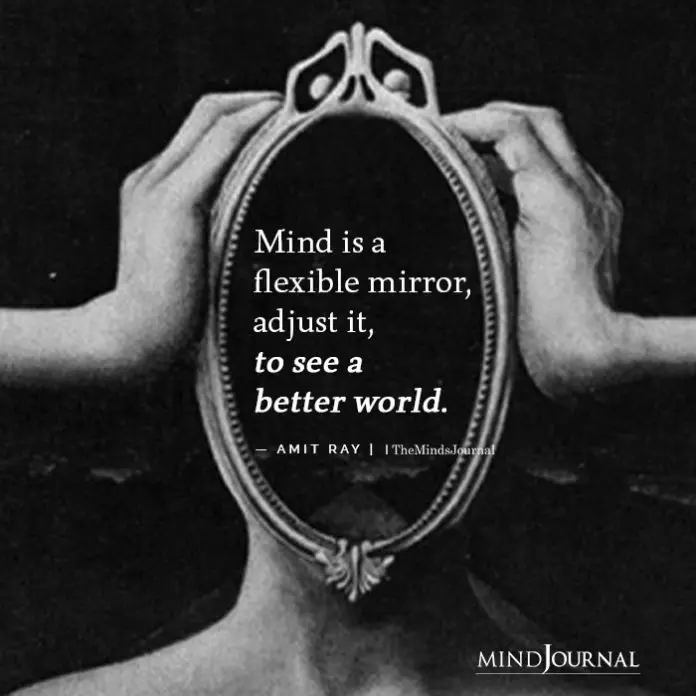
In early 2015, I signed up for an in-depth, four month shadow work program that had a reputation for being deeply confronting.
Coming off of my 9th breakup with the same person, feeling deeply isolated and depressed, and having recently lost one of my good friends in a car crash (this was a few months before I signed up to be a part of my weekly men’s group, for anyone who is keeping track), I thought to myself, “Well, it can only get better from here.”
The in-person training had approximately 40 people signed up for it (50% men, 50% women), and in the second week of the training, we were paired up (man and woman) to do an extended eye-gazing exercise.
Related: 30+ Dalai Lama Quotes to Enrich Your Life With Wisdom
By this point in my life, I had literally spent hours doing extended eye contact exercises, but almost exclusively with men.
Less than a minute into holding eye contact with the woman I had been paired with, tears started flowing down my cheeks and neck.
Thoughts raced through my mind: “I feel so guilty for how much I’ve hurt the women I’ve broken up with in the past.” “I feel like I can see the innocence and the inner child of this woman… but… oh no! That might man she can see mine too!”
Honestly, today, I can’t tap into the majority of the noise that was spinning through my mind. All I remember is that it felt dizzying, and real.
Right on cue, the group facilitator slowly strolled behind my chair, put one hand on my shoulder and casually whispered, “Don’t let your mind win” into my ear.
Immediately, the tears stopped flowing, and I felt like I had awoken from a dream.
What had I even been crying about? Truly. This woman sitting across from me hadn’t said anything mean to me. Nothing in the room was even remotely sad. I had just been spinning painful thoughts around in my mind because (I rationalized) grief and sadness had been convenient and persistent pals over the previous months, and I didn’t really know who I’d be without them.
Waking up from cyclical, egoic thoughts can often feel like that. One day, you just wake up. You think to yourself, “Okay, I’m done with that now.” And you just move the fuck on.
This was one of those days for me.
“Don’t let your mind win.”
The comment was simple. Just like the solution was.
I just had to put a wedge in the familiar, comforting thought pattern… and just be done with it, once and for all.
4. The ultimate grounding technique for life’s highs and lows
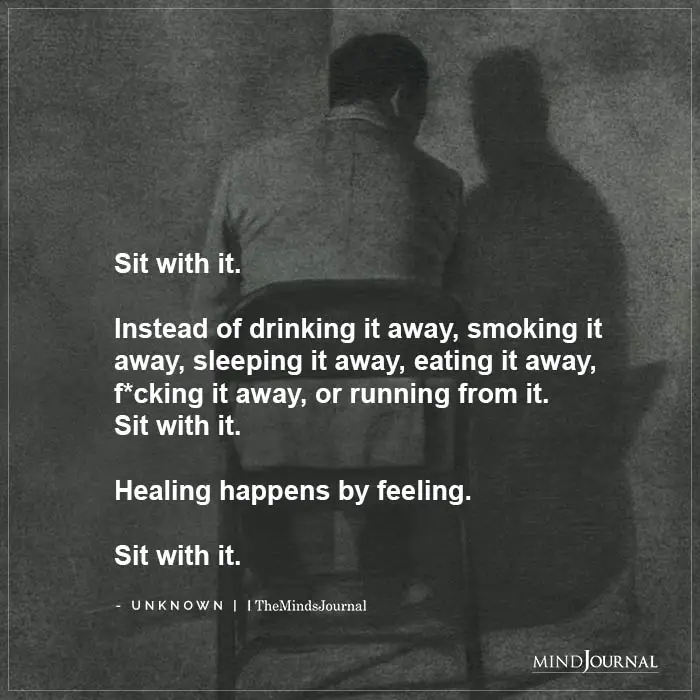
If you’ve been watching and reading closely over the years, you may have noticed that I am someone that tends to have a lot of energy to utilize. Which can be a blessing and a curse, depending on the day and how I’m relating to it.
People with a lot of energy can create amazing things and contribute to the world mightily… if they figure out how to harness, channel, and focus their energy on a worthy task. But if they don’t tame the wild beast, then it can wreak havoc in their lives and lead to addictions, compulsions, and other low leverage, unfulfilling ways that energy can slip out sideways when you don’t give it a job to do.
As a result, staying on top of my energy management has always been imperative for me.
One tool that one of my therapists gave me several years ago has served me well, and it’s deceptively simple. So don’t knock it before you try it.
It will ground you in your highs, and bolster you in your lows.
Okay, here’s how it works.
Anytime you are feeling something that feels quite ungrounded… either too high (“This is the best thing ever! I am unstoppable!”) or too low (“This is the fucking worst. I will never recover from this.”), do the following.
If you are trying to ground yourself in a high, ask yourself, “How could this be a negative in my life? What are the drawbacks to this?”
If you are trying to bolster yourself in a perceived low, ask yourself, “How could this be one of the best things that ever happened to me? What are the hidden benefits of this event?”
Now, based on your unique personality, one of these questions will likely be more valuable to you than the other.
If you are a more depressive/glass-half-empty pessimist, then you’ll need to leverage the ‘benefits’ question more often. If you’re more prone to sensationalistic/magical thinking and often need to be talked down from your hypomanic highs, then the ‘drawbacks’ question will help you stay grounded when you notice yourself start to get carried away with your ungrounded thoughts.
Every event in our lives has benefits and drawbacks, and more often than not, if you’re feeling ungrounded, anxious, or depressed, it’s because you’re focusing too much on one side of the story. Balance it out by playing devils advocate for yourself, and remember a fuller spectrum of what is really going on (or what could be going on).
Alright, these are valuable things I learned from my therapists. I hope that you enjoyed this and got something out of it! And hey, if you didn’t, there’s another 500+ articles to scroll through on this website, so have fun digging around in the archives.
Written by: Jordan Gray
Originally appeared on jordangrayconsulting.com and is republished here with permission.
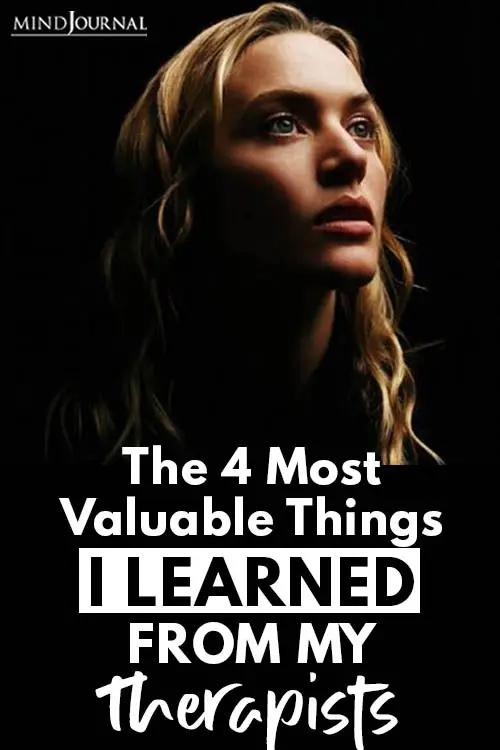
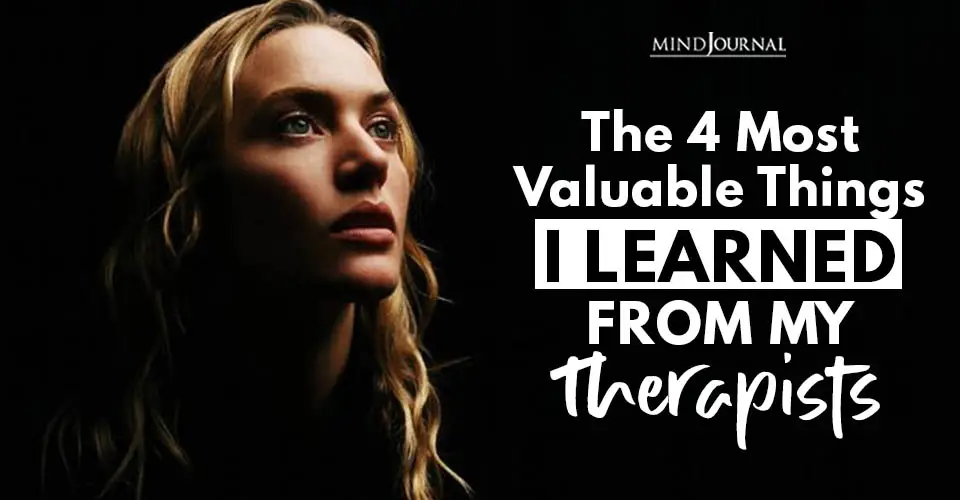

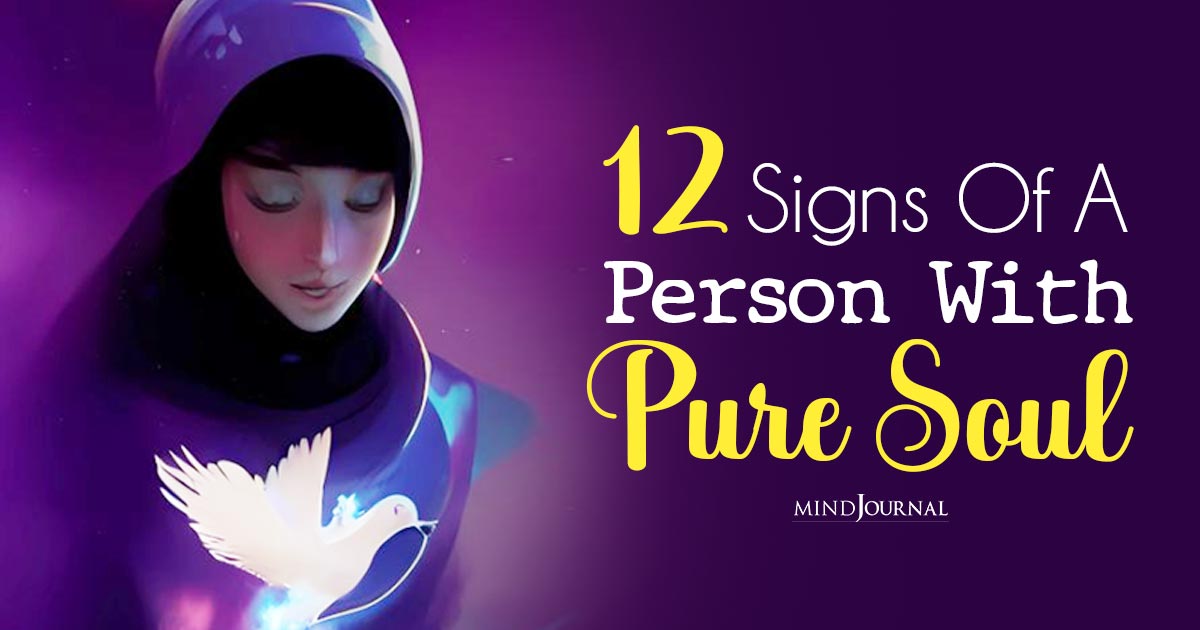
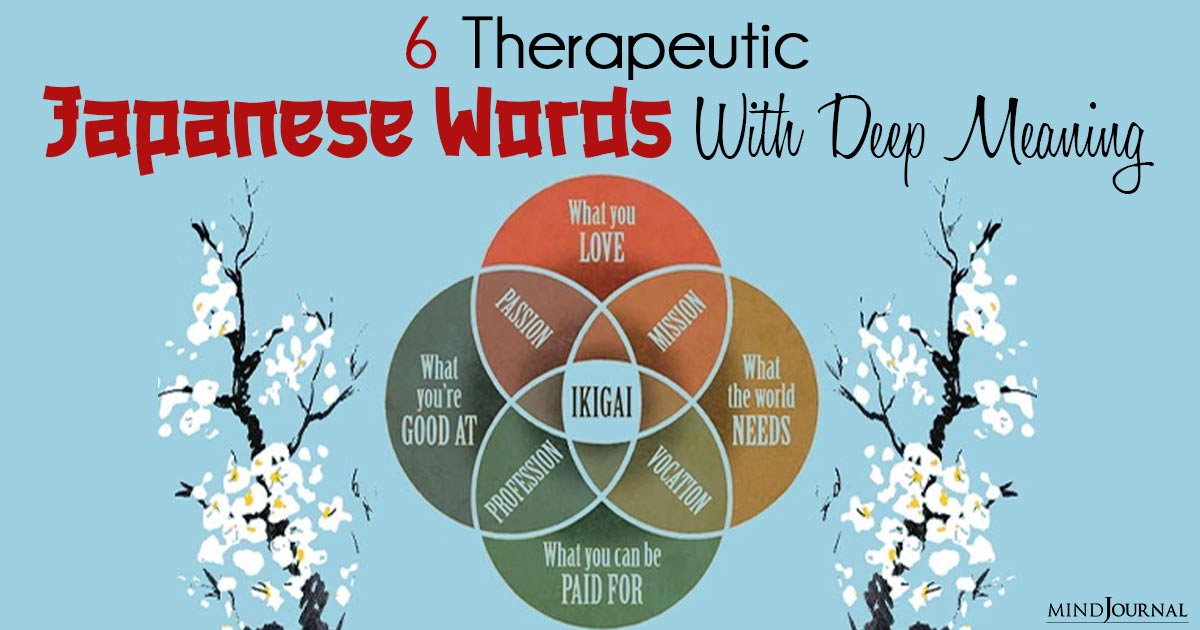
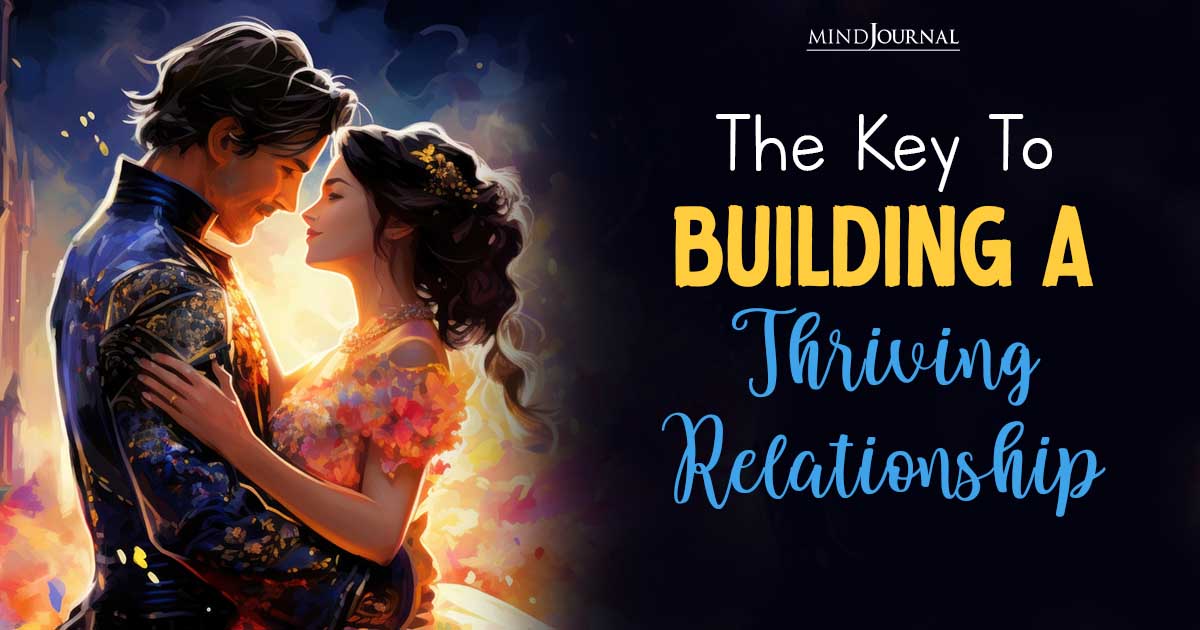
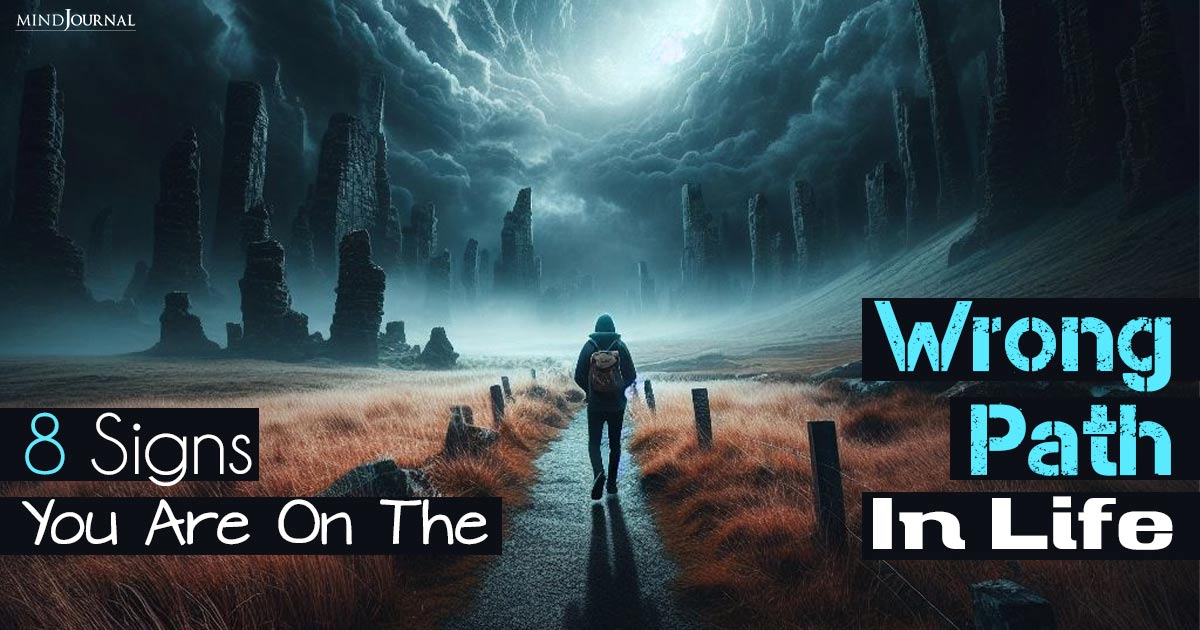
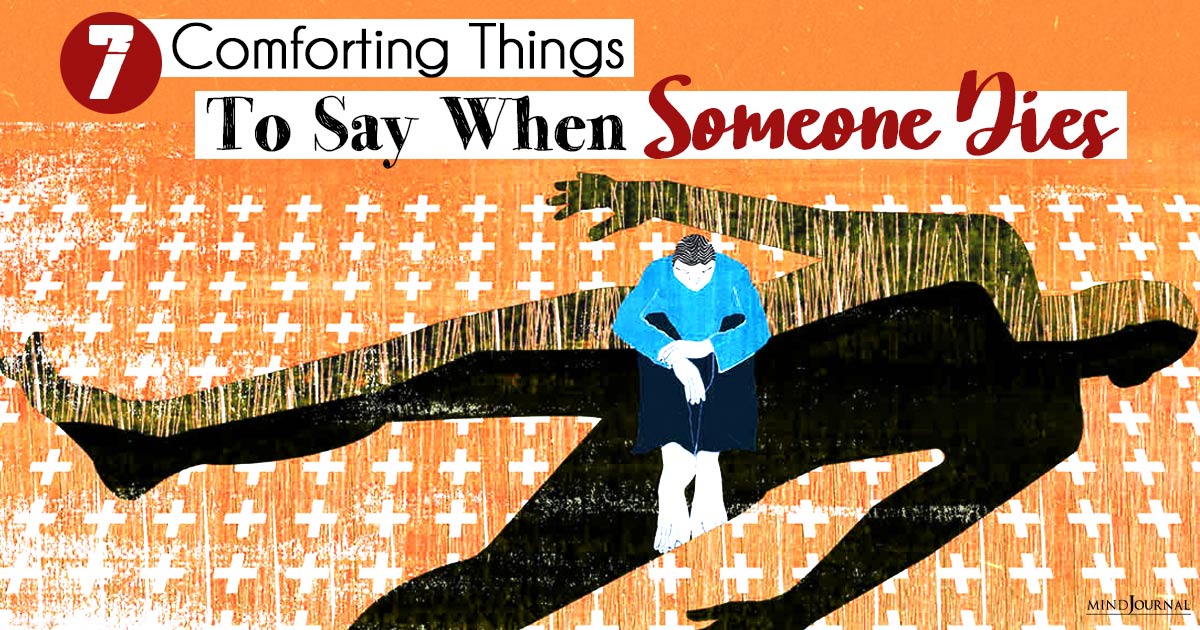
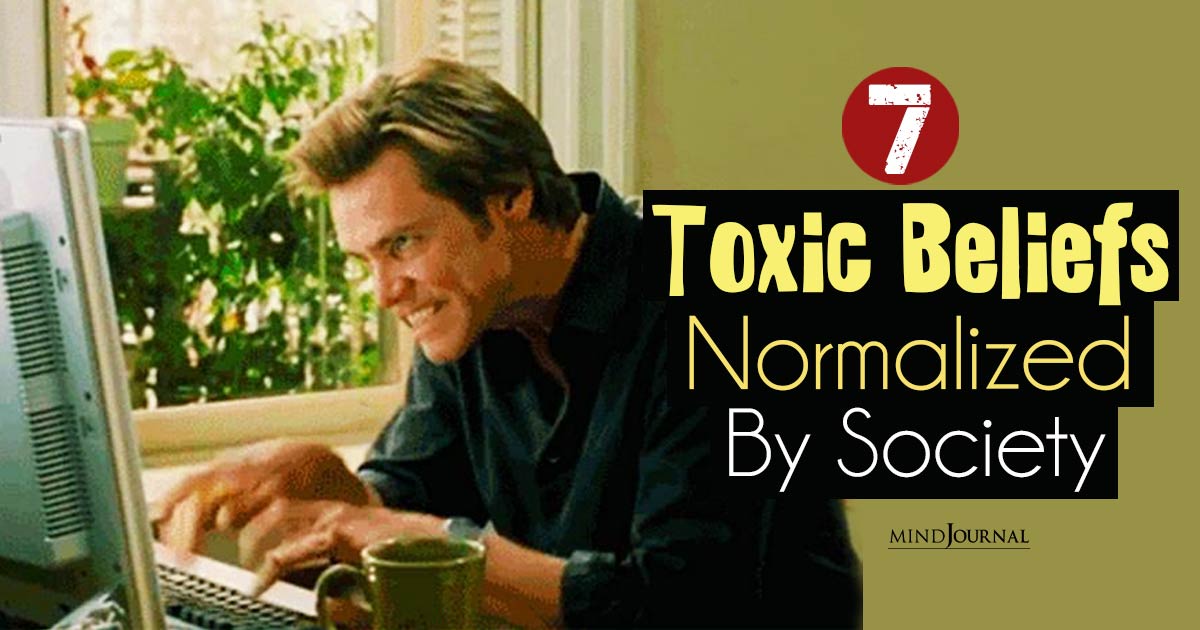
Leave a Reply
You must be logged in to post a comment.